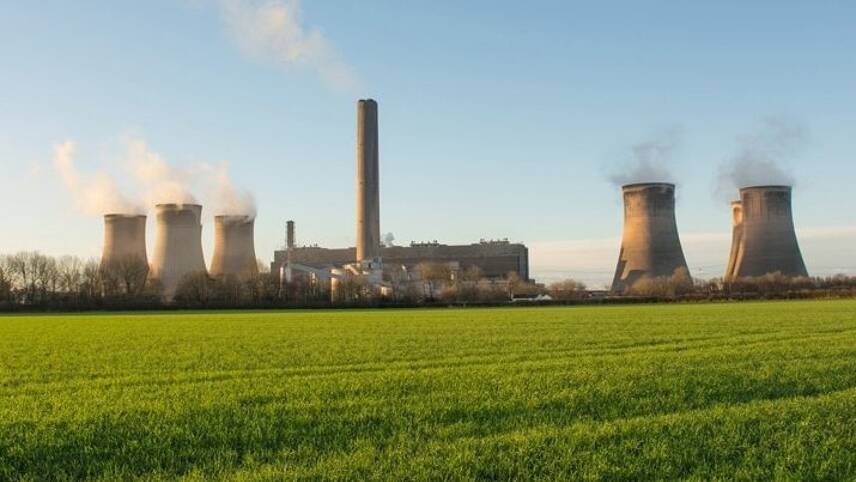Register for free and continue reading
Join our growing army of changemakers and get unlimited access to our premium content

Consumption-based emissions have only reduced by 15% since 1990
The report, commissioned by WWF and carried out by the Sustainability Research Institute at the University of Leeds, and released today (16 April) examined what the UK’s carbon footprint would look like if the manufacturing of imported products was accounted for in UK carbon accounting.
The report found that emissions from imported products including clothing, processed foods and electronics would account for 46% of the UK’s carbon footprint. However, these emissions are not covered on national reporting requirements through the UK’s net-zero target.
WWF also claims that these products would not be produced if not for UK demand.
Dr Stephen Cornelius, Chief Climate Change Adviser at WWF, said: “Climate change is a global problem that needs a global solution. The UK has committed to net-zero emissions and a credible plan to achieve this is one that tackles emissions based on what we consume, as well as what we produce.
“We need to be honest about our emissions – that means tackling those in the goods and services we buy in, not just the ones we make here. As an influential nation which has shown it can act as a global leader on climate change before, we have the ability to take responsibility for emissions that are down to UK demand alone.”
Between 1990 and 2016 emissions within the UK’s borders reduced by 41%, but the report found that consumption-based emissions had only dropped by 15%. Heating, car fuel, electricity, construction, agriculture and air travel contribute to half of the UK’s total carbon footprint, the report notes. Of these, only three are expected to fully decarbonise domestically, in line with the net-zero target, namely heating, transport and electricity.
Territorial emissions
The UK’s domestic greenhouse gas (GHG) emissions underwent a 3.6% year-on-year fall in 2019 – during which time renewable energy rose to a record 36.9% share of electricity generation.
However, the Office for National Statistics (ONS) has found that the UK’s emissions peaked in 2007, rather than 1972, if territorial emissions from imports abroad were taken into account.
Emissions in 2017 were 43% below 1990 levels, while the economy grew by two-thirds. However, if the territorial approach was replaced, it is believed that total emissions reductions are closer to 10% since 1997.
The Committee on Climate Change (CCC) has made numerous public calls for the UK to include territorial emissions from international aviation and shipping under the new net-zero target for 2050. However, the government formally rejected these calls.
This isn’t the first time the UK’s decarbonisation legacy has been questioned. In April 2019, climate activist Greta Thunberg met with some of the UK’s most powerful politicians, chastising historic progress to combat climate change. Specifically, Thunberg noted that the UK was “very special, not only for its mind-blowing historical carbon debt, but also for its “very creative, carbon accounting” regarding territorial emissions.
According to the ONS, China was accountable as the biggest source of imported emissions, representing 82 million tonnes in 2015. Trade from the EU was second-highest at 45 million tonnes.
Report author, Professor John Barrett from the University of Leeds, said: “Over the past 30 years, the UK’s emissions associated with our consumption have only declined by 15% at a time when they need to reduce to close to zero in the next 30 years.
“Increasingly, the impact of our consumption occurs outside the UK creating a situation where our emissions inside the country reduce while emissions associated with imports increase. It is essential that the UK commits to reducing its emissions both inside and outside the UK to adequately respond to the climate crisis.”
Matt Mace


Please login or Register to leave a comment.